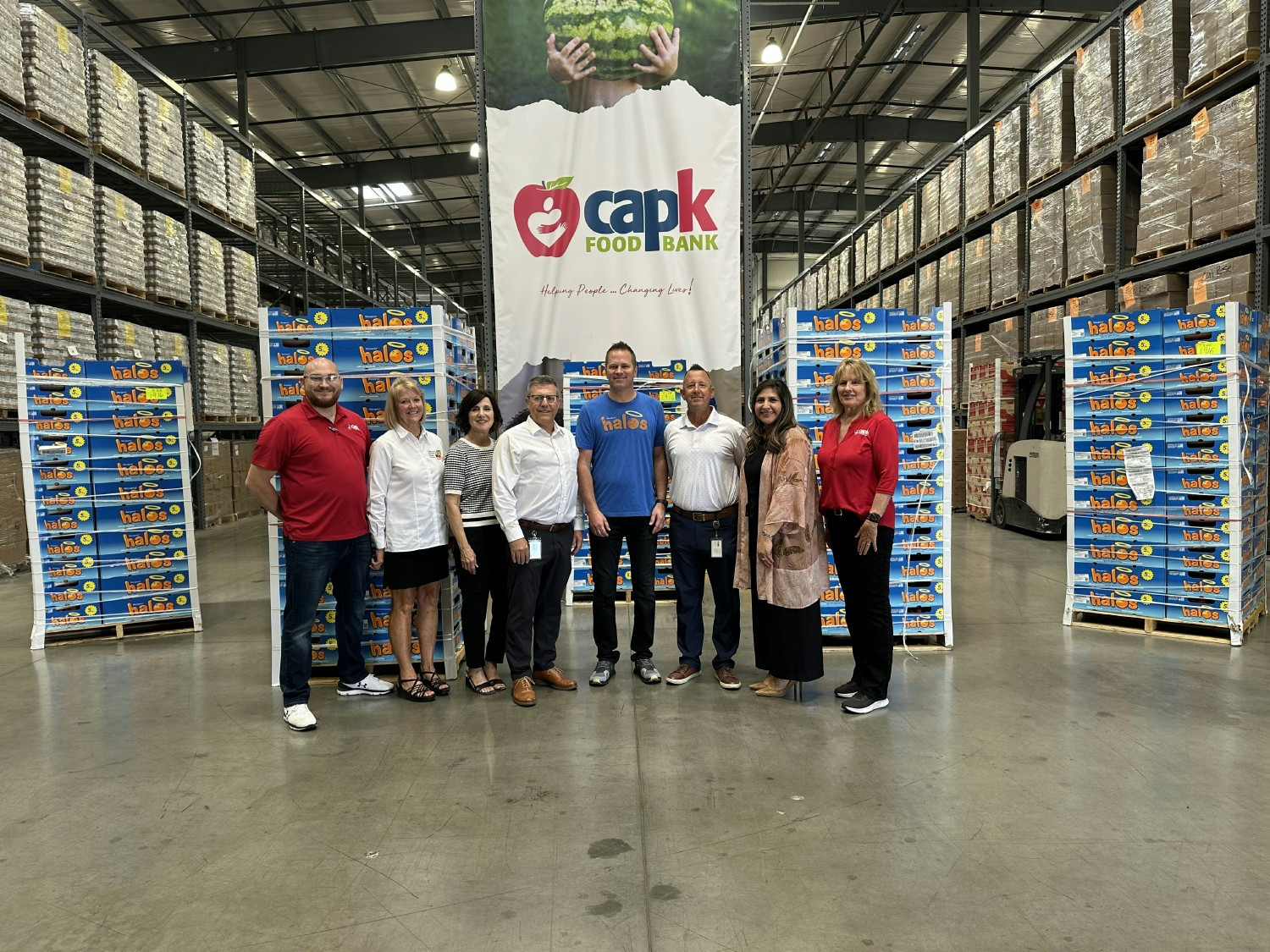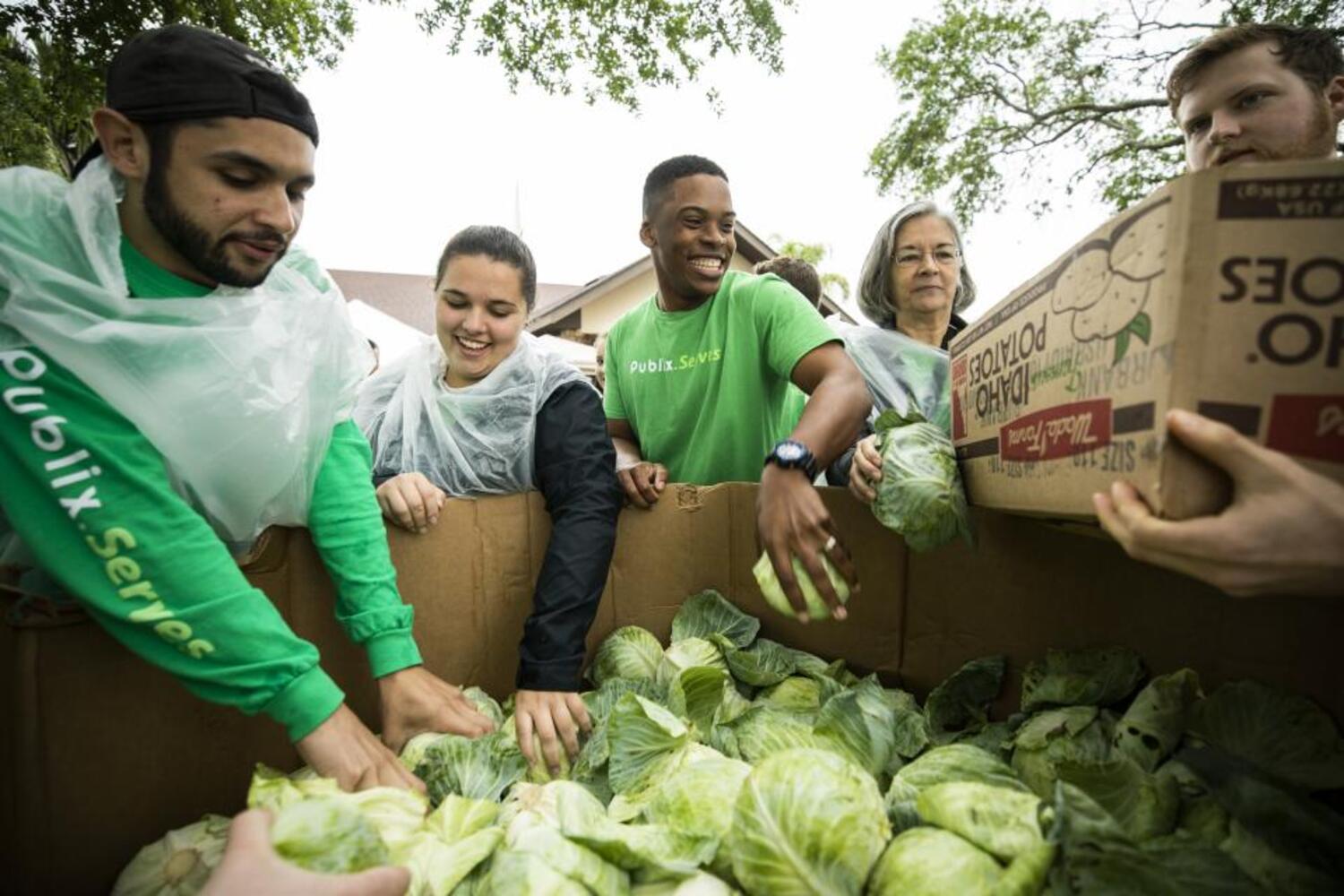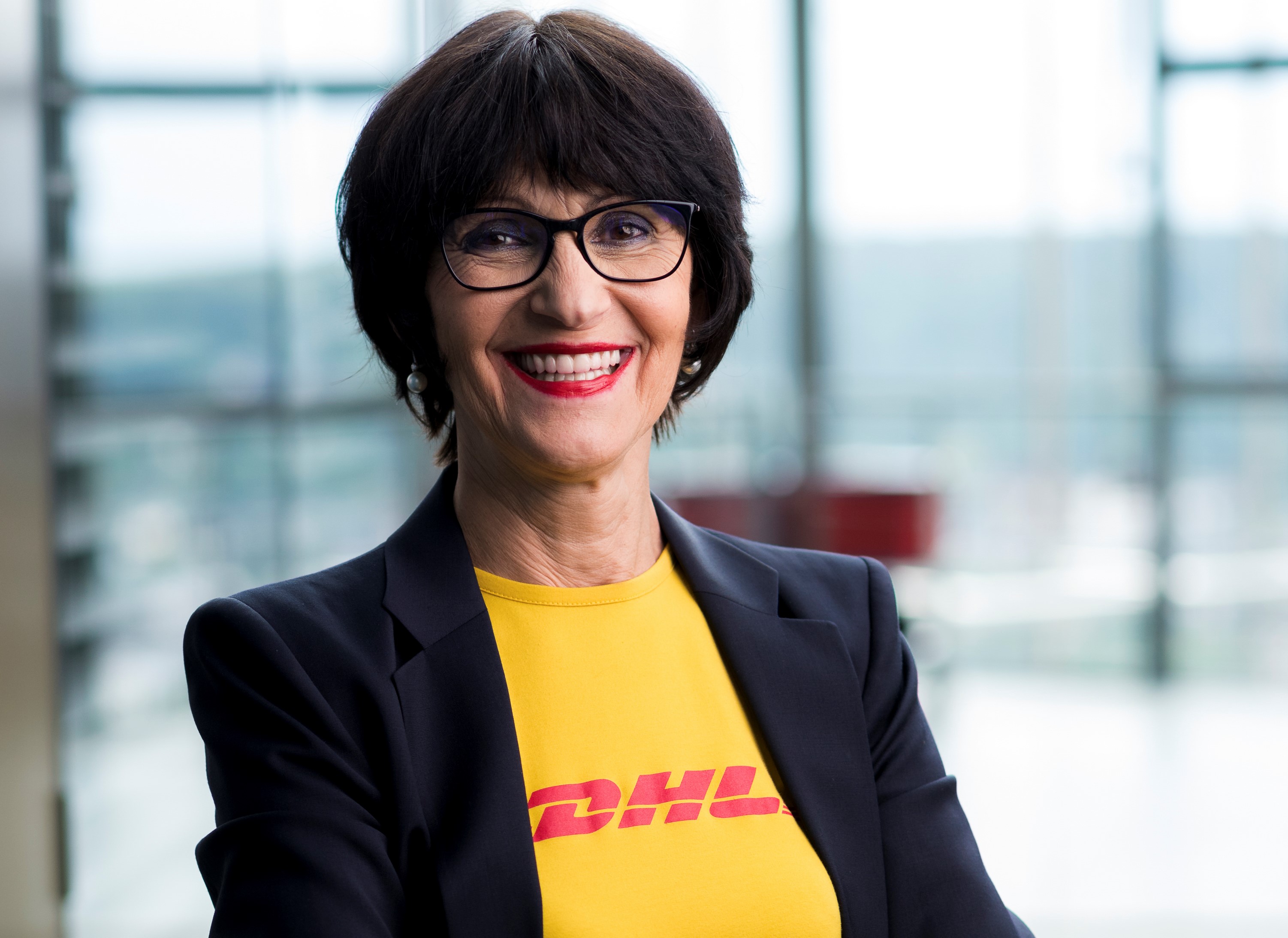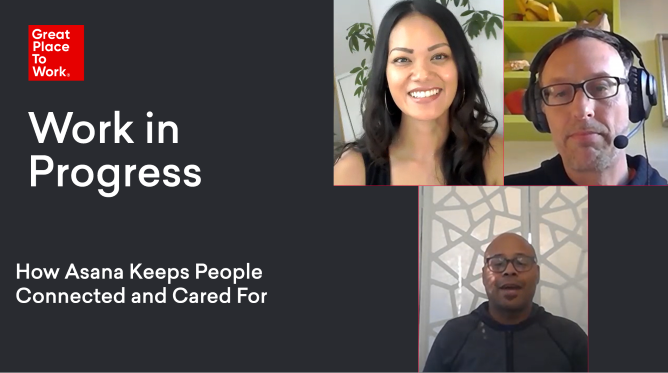Best Workplaces, Caring , Developing, Employee Engagement
Here’s how companies on this year’s list are using their wealth and expertise to solve some of the world’s toughest problems.
What is the role of the business community in solving problems like world hunger, the refugee crisis, or inequality and racism?
One company on its own cannot solve these immense structural challenges, but they aren’t immune to the consequences of poor stewardship.
“Investing in innovation means that companies are focused on the future,” says Michael C. Bush, CEO of Great Place To Work®. “They want clean air, clean water, safe communities, recyclable materials, better schools, and improved mental, physical, and financial health for all of their employees.”
When you want a better world with more customers, healthier employees, and higher profits, you have to care about the big picture. The best companies care about everyone, with the belief that “everyone does better when everyone does better,” he says.
“Everyone has to really include everyone,” Bush adds. “All the employees in your organization — your partners, your suppliers, your investors, your shareholders, and the communities where you operate.”
The companies on the 2024 PEOPLE® Companies that Care List offer examples of what it looks like to care for everyone, and to use your assets as a business to reinvest in the future.
Here are four themes that stood out from this year’s winners:
1. Fighting food insecurity
Many of the companies on this year’s list are focused on fighting hunger, particularly in local communities.
The Wonderful Company, No. 3, an agricultural business in California’s central valley, knows that employees can struggle to access fresh and healthy foods in some of the communities where it operates. To compensate, the company offers low-cost, healthy, ready-to-go dinners through some of its employee cafes.
BayCare Health System, No. 8, saw the need to help patients access food, as well as medical care, and offers a two-to-three-day supply of non-perishable food items to patients in need. Called the “Healing Bag” program, the initiative has given more than 9,200 bags to patients across its 16 hospitals.
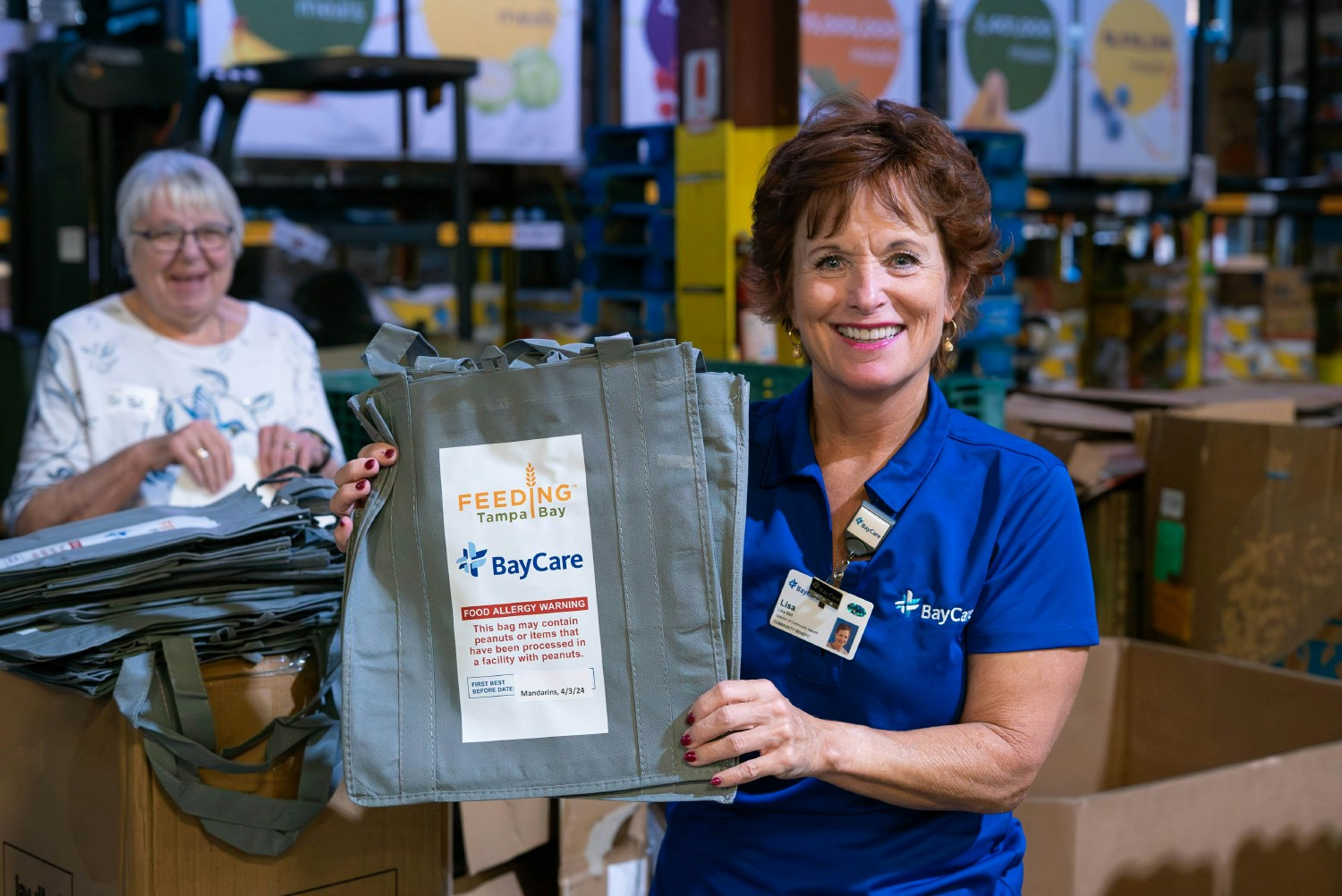
BayCare Health has helped more than 25,000 patients who are food insecure in its regions across West Central Florida.
Wegmans Food Markets, No. 7, increased donations to local food pantries and food banks, expanding its program to give away fresh, perishable items to those in need, including diary, meat, fruits, and veggies. In the last year, the grocery chain donated 32.8 million pounds of perishable and non-perishable food.
2. Helping refugees rebuild
As global conflict has broken out in Ukraine and the Middle East, companies have responded to the refugee crisis by offering employment and resources.
Marriott International, No. 4, made a commitment to hire at least 1,500 refugees in the U.S. by 2025, and has created an onboarding guide to ensure refugees receive a welcoming and supportive experience when joining the Marriott team.
Each Marriott hotel has the authority to bring the refugee hiring program to life in its own way, adopting strategies that work for its employees. Some of the initiatives hotels have used to welcome refugees include adding onsite translators, designating prayer rooms, and creating resources to help refugee employees navigate public transportation.
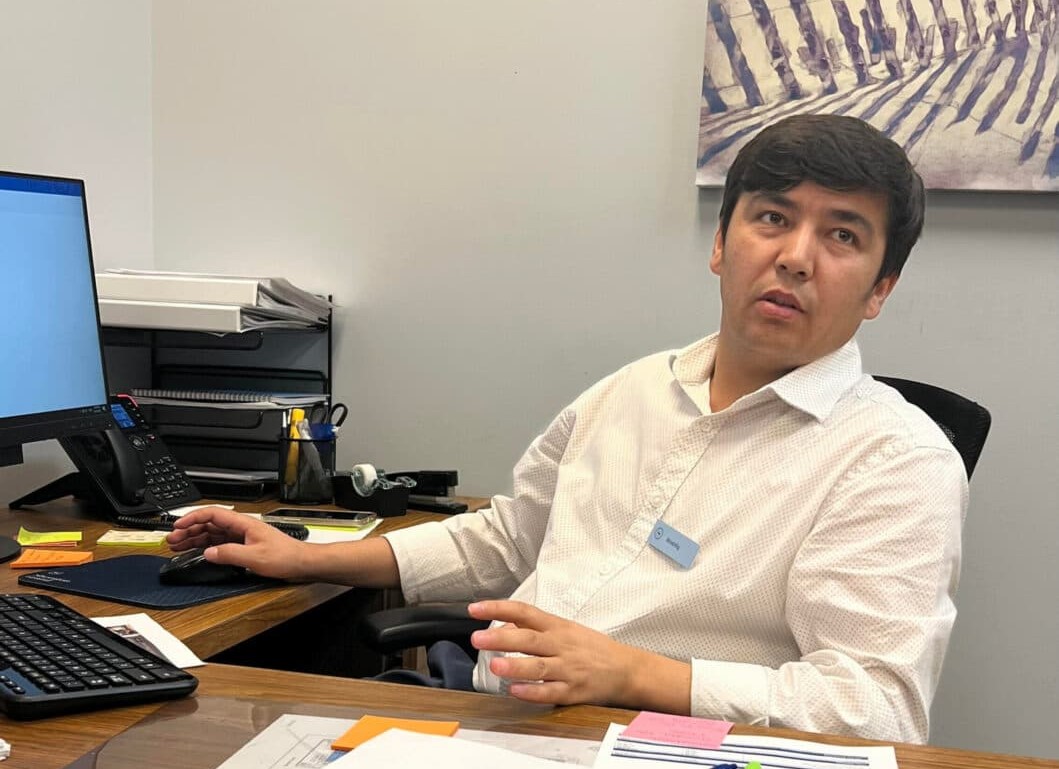
Moshfiq M. is just one of the refugees who have found a new home at Marriott International.
Companies like Jamf, No. 45, have also taken action to help employees volunteer to help, with the company reimbursing employees for expenses incurred while helping refugees from the war in Ukraine. Many of Jamf’s 165 employees in Poland have opened their doors to Ukrainian families and volunteered at the border to help those fleeing the conflict find safety.
3. Addressing inequality at work and beyond
Caring about every employee requires companies to listen carefully to employee feedback.
When Crowe, No. 52, learned through pulse surveys that some Black women at the firm were feeling disconnected from the organization, and were at the highest risk for voluntary turnover, the company launched “Lift as We Climb” forums to help Black women at Crowe build stronger relationships and networks.
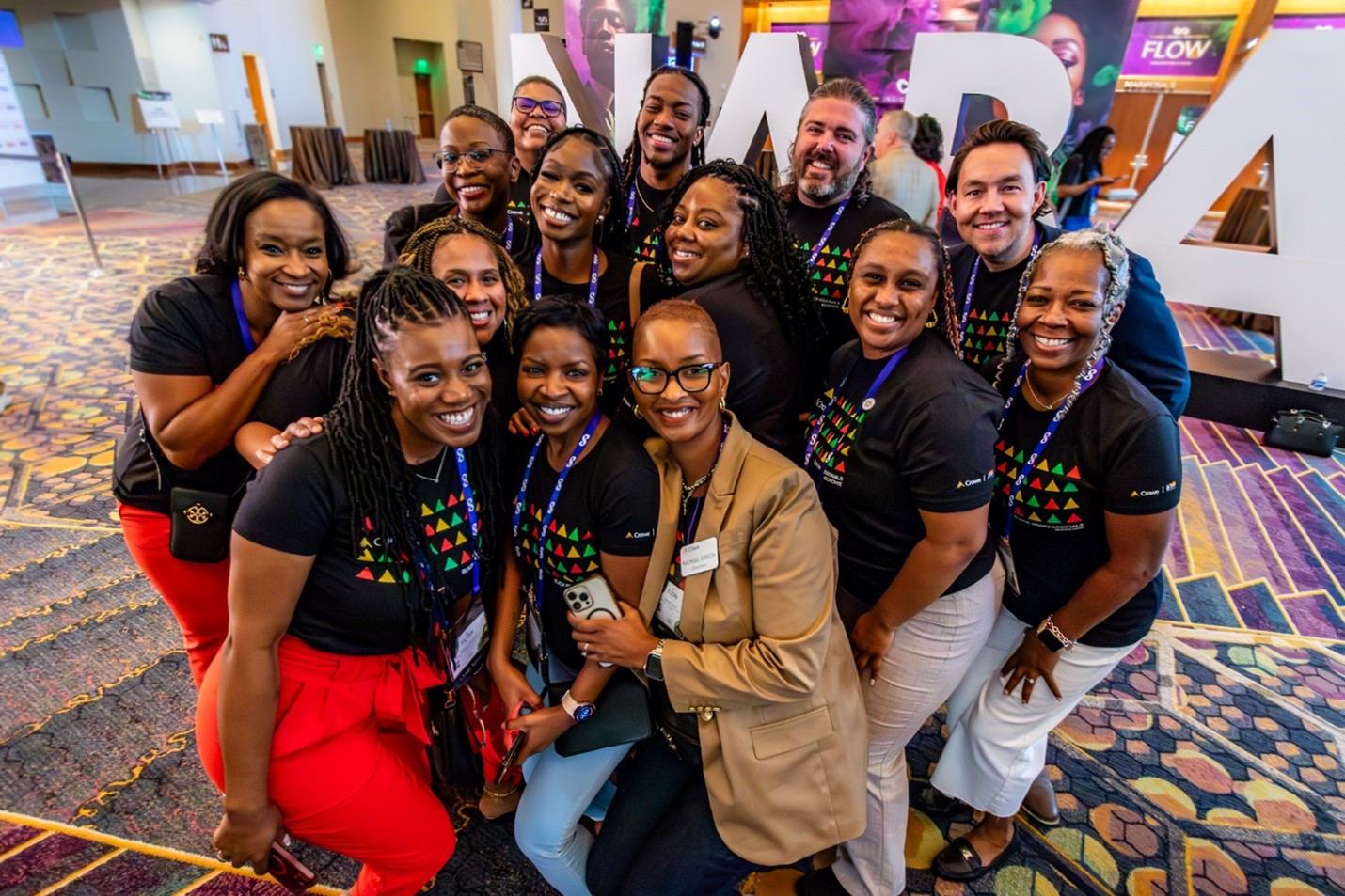
Employees say, "I can be me at Crowe" as a sign of the strong inclusive culture at the company.
Employee resource groups at NVIDIA, No. 6, such as its NVPride group of LGBTQ+ employees, advocate for policies that support their members. The NVPride group worked with HR leaders to expand resources for gender-affirming care and to support employees who wanted to relocate over concerns about their safety or the safety of a family member.
NVIDIA is also committed to pay equity, partnering with a third-party firm to analyze its pay practices across rating, education, years of experience, job function, family, and level.
The most caring companies also look to provide opportunities within the organization. Convenience store chain Sheetz, No. 9, created the “store team helper” role to offer meaningful employment to individuals with intellectual and developmental disabilities.
At a Sheetz in Hollidaysburg, Pennsylvania, Abel Keith is a store team helper who is deeply valued by his colleagues.
“As soon as Abel walks through the door in the morning, it sounds like a sitcom in here because we’re all like, ‘Hey Abel!’’ said Sarah Rogal, store manager. “He has brought patience and laughter to our store.”
4. Empowering employees with flexibility and growth
Caring leaders also think about the personal needs and professional development of the people who work for them.
At Delta Air Lines, No. 30, this means creating more opportunities for workers by removing college-degree requirements for 90% of positions at the airline. The company built formal programs to grow skilled workers internally, including its “skills-first” apprenticeship program to help frontline employees transition into corporate roles.
The company is committed to promoting from within, with 61% of leader and corporate openings being filled internally and 35% of corporate roles coming from the frontline in the first half of 2023.

On MLK Day, Delta Air Lines employees joined together to priovide food bags for Atlanta public schools.
Where some companies are cutting jobs, others have recommitted to workers. ServiceNow, No. 57, pledged to avoid layoffs in 2023 as many others in the tech industry were cutting staff, and kept its word.
Caring companies also focused on flexibility for workers. NVIDIA shuts down globally for two consecutive days per quarter to ensure everyone can take time away from work and recharge without returning to a full inbox. The extra days are fully paid, and not charged to vacation or PTO policies.
At SAP America, No. 24, crisis leave was expanded to allow employees 10 paid days off per year for an eligible crisis, including emergencies that require employees to miss work to care for children or family. This flexibility is offered on top of the company’s “Pledge to Flex” program, which allows employees to decide when and where they work, whether from an office or from home, as long as it aligns with business needs.
Make the list
Think your company deserves recognition for all the ways it cares for employees, local communities, and the planet? Get started on applying for next year’s list.


